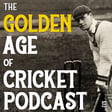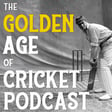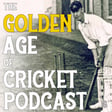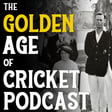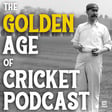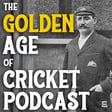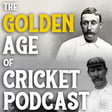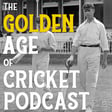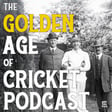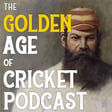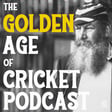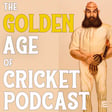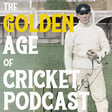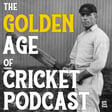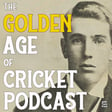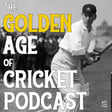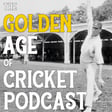
'Tibby' Cotter – Part 2 – with Max Bonnell
In Part 2, Max discusses Tibby's prowess as a batsman, his involvement in the infamous 'Big Six' dispute of 1912, his career as a stretcher bearer in the First World War, and the mystery surrounding his death at the Battle of Beersheba in October 1917.
ABOUT MAX BONNELL:
Max is a lawyer and writer from Sydney. He has published around 20 books on sports history and legal topics. He played grade cricket for about 20 years for Western Suburbs and Sydney University, plus a season in the Birmingham League. Max is a life member of the Sydney University Cricket Club and the Sydney Cricket Association. In 2012, Max co-authored (with Andrew Sproul) a biography on today’s subject, titled: Tibby Cotter: Fast Bowler, Larrikin, Anzac.
CREDITS:
Presenter & Producer: Tom Ford
All music used in podcast comes from the University of California Santa Barbara's remarkable collection of wax cylinder's from the late nineteenth and early twentieth centuries, which are free to download and use. You can donate to the upkeep of these recordings via their website.
